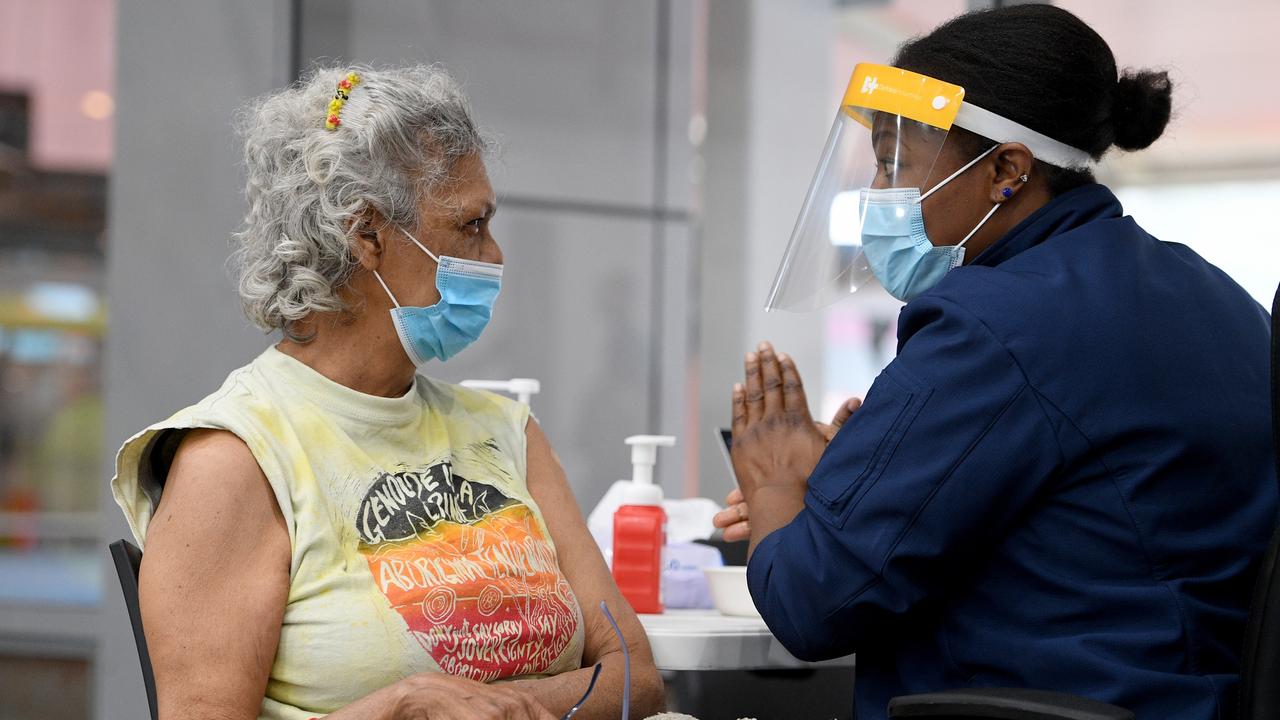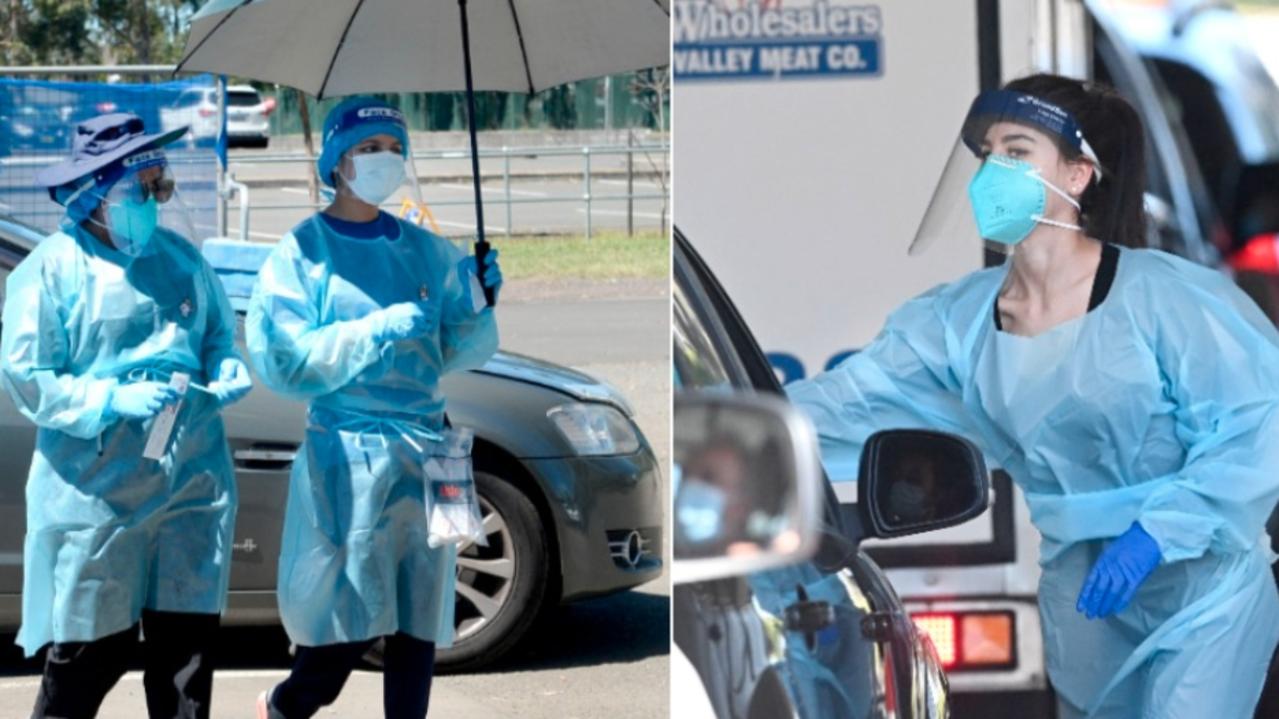Head of general medicine at Westmead Children’s Hospital urges parents to be wary of concussion
Sport and play are an important part of the healthy growth and development of children and young people.
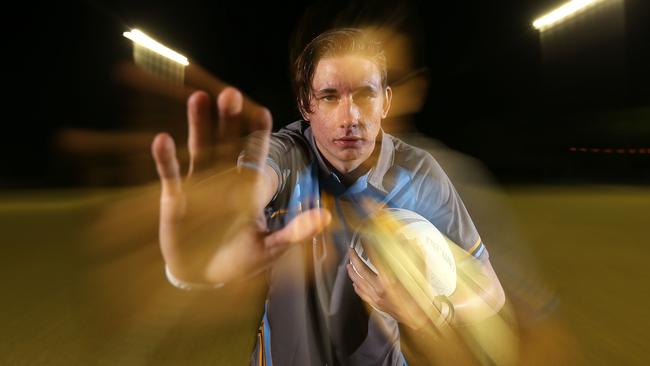
Nth Beaches
Don't miss out on the headlines from Nth Beaches. Followed categories will be added to My News.
- Students banned from clapping at school
- The more football does to battle concussion the worse it gets
- Concussion drug to be tested
Sport and play are an important part of the healthy growth and development of children and young people.
While participation in a variety of sports is encouraged, it is very important to be aware of the dangers of concussion.
A concussion is an injury to the brain caused by sudden strong movement of the brain against the skull.
This is usually caused by a head or body collision with another person or object.
Most children with a mild head injury will make a full recovery in 7-10 days.
But in some cases, symptoms such as tiredness and mild behaviour change may last for weeks or months.
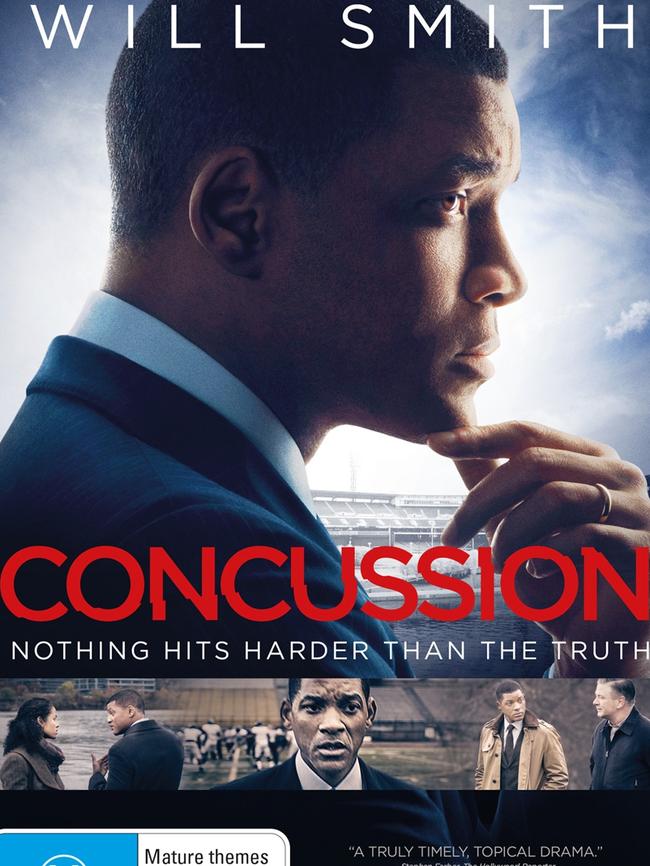
A child doesn’t need to lose consciousness to be concussed.
In fact, only one in 10 children with a concussion will lose consciousness.
It is very important to be on the lookout for warning signs of concussion which could appear immediately after a bump to the head or body or over the following hours and days.
If a concussion occurs during sport or play, your child should stop playing immediately and not return to sport until cleared by a doctor.
Recognising concussion and acting when it is suspected can prevent further injury and help with recovery. When in doubt, sit it out!
It is important to let your child’s school know about their injury. Their behaviour and/or ability to concentrate and understand information at home or at school may be affected. If your child is tired, it is important they be given time to rest before returning to everyday activities.
After your child has been back at school for one month, talk with their teacher. Find out if there are any changes in your child’s performance since the head injury.
Discuss any concerns your family doctor.
It is important to encourage a slow return to physical activity.
Your child should avoid contact sports and other activities where they may suffer another head injury until they are symptom free.
After a concussion your child’s reaction times and thinking may be slower, putting them at risk of further injury.
If you have any concerns, or your child is still experiencing symptoms after 3-4 weeks, please see your family doctor.
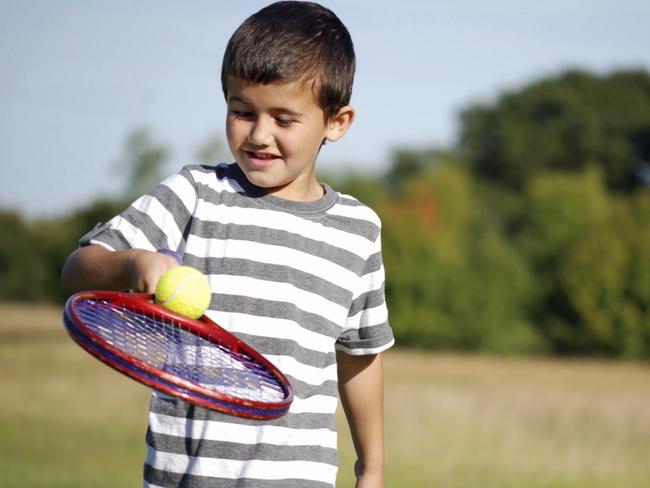
WHAT TO LOOK FOR
Immediately take your child to a doctor or the nearest Emergency Department if any of these symptoms appear or get worse in the first 48 hours after an injury:
■ Seizures or convulsion
■ Loss of consciousness
■ Slurred speech
■ Ongoing vomiting
■ Blurry or double vision
■ Excessive drowsiness
■ Worsening headache
■ Difficulty walking
■ Weakness or numbness in the arms, legs or face
■ Confusion, irritability or unusual behaviour

